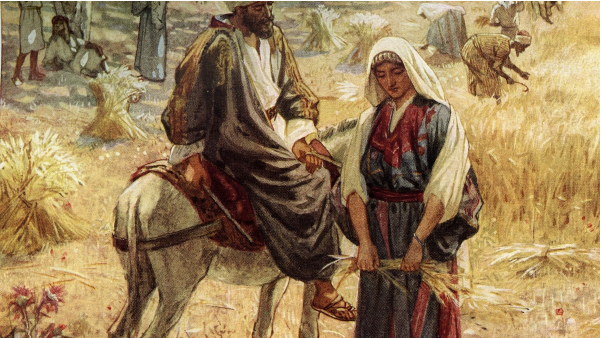It's Still the Blood #1
- Stephen D Blum Jr
- Mar 24, 2018
- 3 min read

PART ONE
"For the life of the flesh is in the blood: and I have given it to you upon the altar to make an atonement for your souls: for it is the blood that maketh an atonement for the soul" (Leviticus 17:11)
Jesus went unto the mount of Olives. And early in the morning he came again into the temple, and all the people came unto him; and he sat down, and taught them. And the scribes and Pharisees brought unto him a woman taken in adultery; and when they had set her in the midst, They say unto him, Master, this woman was taken in adultery, in the very act. Now Moses in the law commanded us, that such should be stoned: but what sayest thou? This they said, tempting him, that they might have to accuse him. But Jesus stooped down, and with his finger wrote on the ground, as though he heard them not. So when they continued asking him, he lifted up himself, and said unto them, He that is without sin among you, let him first cast a stone at her. And again he stooped down, and wrote on the ground. And they which heard it, being convicted by their own conscience, went out one by one beginning at the eldest, even unto the last: and Jesus was left alone, and the woman standing in the midst. When Jesus had lifted up himself, and saw none but the woman, he said unto her,Woman, where are those thine accusers? hath no man condemned thee? She said, No man, Lord. And Jesus said unto her, Neither do I condemn thee: go, and sin no more. (John 8:1-11). How many times have we read this story? Yet it never fails to startle our conscience. “And beginning at the eldest .." I have read how writers of the 17th and 18th centuries said that the closer to Christ we become the more unworthy we feel. When we are young in Christ all is fresh, vital and exhilarating! But just as newborns in the natural we are oblivious to our own nature, which really, is as it should be. We are after all, creatures with a nature we cannot on our own, get past. But as the years wear on it begins to dawn on us that there is something within us that remains unchanged, something still selfish, unbelieving and incurable. The divine bards wrote it this way, after shedding untold tears: Not the labors of my hands can fulfill thy law’s commands;Could my zeal no respite know, could my tears forever flowAll for sin could not atone; thou must save and thou alone- This famous hymn penned by Augustus Toplady is theology set to music, a synopsis of the Reformed faith, and all the more amazing to be found in a Methodist hymnal, the Methodism that claims John Wesley, the antagonist of Toplady, as its founder and sage. If it is true that the labors of my hands cannot “fill thy laws demands”, how then shall we be saved, since the law must obviously be kept. The Reformers rediscovered this and spread the news that Christ’s perfect performance was credited to the account of the believer throughout Europe and the world. Religion had long forgotten it if it ever knew it, and its practice under a hundred titles was always the same; a despairing treadmill. You would be miserable too if something was expected of you that you knew you had no chance of completing. “All of this religious drudgery with hell at the end?” might be our plea. “Could my zeal no respite know” doesn’t even apply to me - and probably not to you, but it might have applied to Many who are admired for being relentless in their work for God. Even if it were true that your zeal never rested, it would mean nothing, for Isaiah reminds us that God has “wrought all our works in us” (Isaiah 26:12). Can we be credited for something we never did? Did we make ourselves, command the molecules and atoms to coalesce to form our bodies and minds? And the phrase “could my tears forever flow - all for sin could not atone”. . even our repentance is imperfect and tainted with sin. How many of our tears are really shed for our failure to achieve rather than for those we’ve injured, or the slight against the God who bought us? Once again the Reformers knew this and tried to tell us, and much of the world actually listened for two or three hundred years. But slowly the darkness crept back in. We returned to our default nature of earning our salvation. It is ugly, unattractive and worse, it is death. Once again the Reformers warned that anything added to Christ’s Work in regard to justification was sin.








Comments